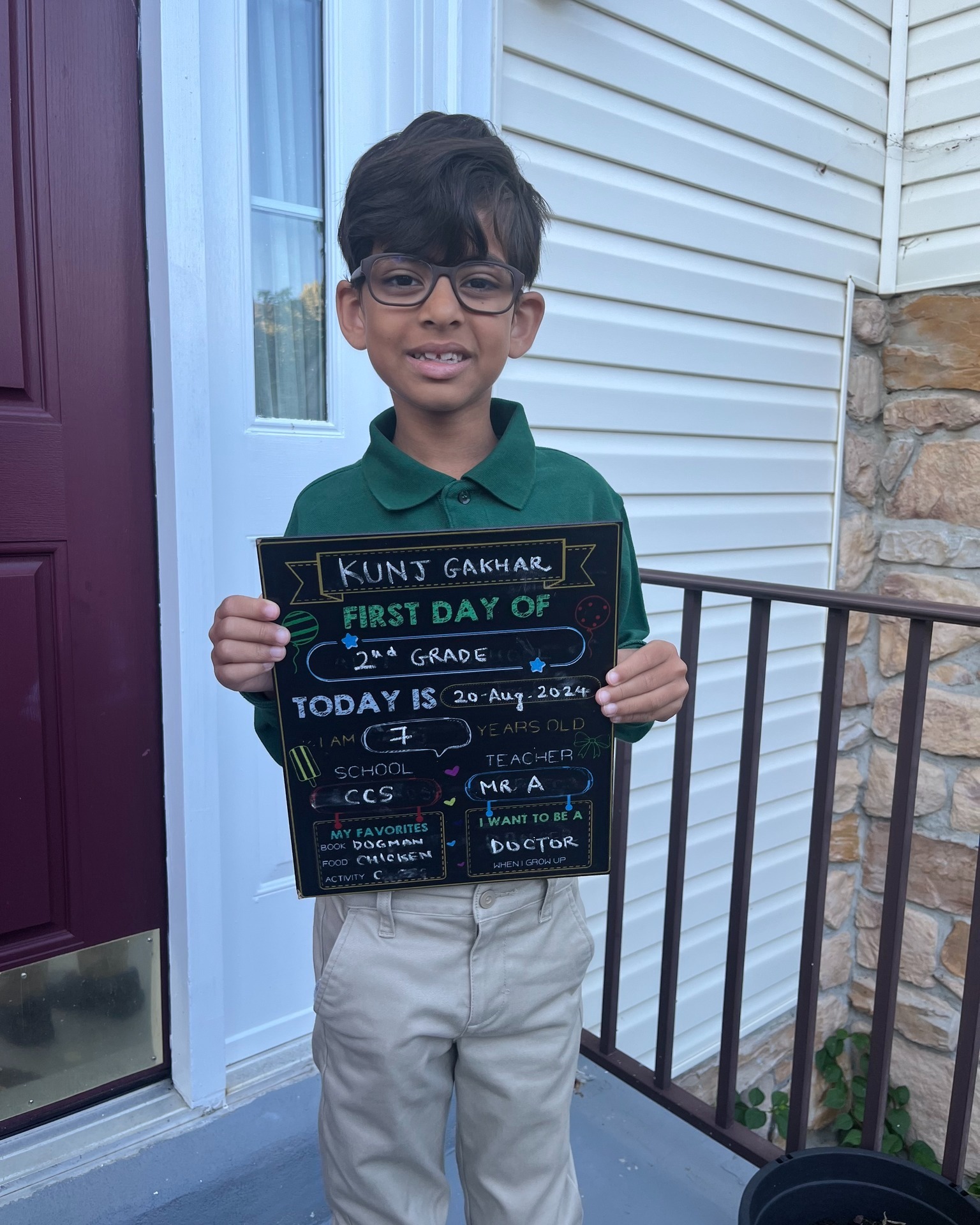- Why January Is the Perfect Time to Start Music Lessons in Downingtown PA
- How to Set Up the Perfect At-Home Studio for Virtual Music Lessons
- Online vs. In‑Person Music Lessons in Downingtown: Which Works Best for You?
- Faith and Music in Lessons at Downingtown Music Academy
- Why It’s Never Too Late to Return to Music Lessons: Stories, Tips, and Inspiration
- How Themed Practice Incentives Make Music Lessons More Fun and Effective
- Why Music is So Important for Neurodiverse Children
Back to School: How Music Lessons Can Enhance Your Child's Academic Performance

Backpacks, check! New shoes, check! Homework planner… sort of! As families scramble to get everything ready for another busy school year—whether it’s in the classroom, at home, or a mix of both—there’s one thing that could help ease the stress: music lessons. Amid the chaos of homework, after-school activities, and screen time limits, adding music lessons to your child’s routine can actually provide a much-needed break from the daily grind. Whether it's piano lessons, guitar lessons, or voice lessons, music offers a creative outlet and an opportunity to de-stress, while also building focus, discipline, and time management skills. It’s a way to recharge their mental batteries and improve their cognitive abilities, helping them tackle their academic challenges with more confidence and less stress. This school year, give your child the gift of balance by incorporating music into their weekly routine—an investment that will benefit their mind, mood, and school performance far beyond the classroom. Let's explore how music can make a real difference in their school year:
1. Boosts Cognitive Development
Learning music is like a workout for the brain. It strengthens memory, improves problem-solving skills, and enhances verbal abilities. Studies have shown that students who take music lessons perform better in subjects like math, reading, and science. In fact, research suggests that music students score higher on standardized tests and have better overall academic achievement.
2. Improves Focus and Discipline
Music requires patience, practice, and focus — all essential skills for success in the classroom. Students who commit to learning an instrument often develop better time management skills and self-discipline. This focus can translate into more effective study habits and improved attention in their academic work.
3. Enhances Social Skills
Taking music lessons often involves group settings, such as recitals, group practice, or music camp. These group activities foster teamwork, communication, and collaboration — skills that are also crucial in school projects and group assignments.
4. Reduces Stress and Boosts Confidence
Back-to-school season can be stressful, but music provides a creative outlet for students to express themselves. Playing an instrument helps reduce anxiety and build self-esteem, which can positively impact students’ mental health and classroom participation.
Local Schools Near Downingtown Music Academy
If your child attends schools in the Downingtown area, such as Downingtown STEM Academy, East Ward Elementary, Beaver Creek Elementary, or Downingtown High School East Campus, supplementing their education with music lessons could be the extra boost they need to excel. With the academic pressure mounting each year, giving your child a creative outlet while sharpening their cognitive skills is a win-win. Ready to get started? The benefits of music extend far beyond the classroom, and at Downingtown Music Academy, we’re here to support your child's growth, both musically and academically. Contact us today to schedule a trial lesson and see how music can enhance your child’s education this back-to-school.